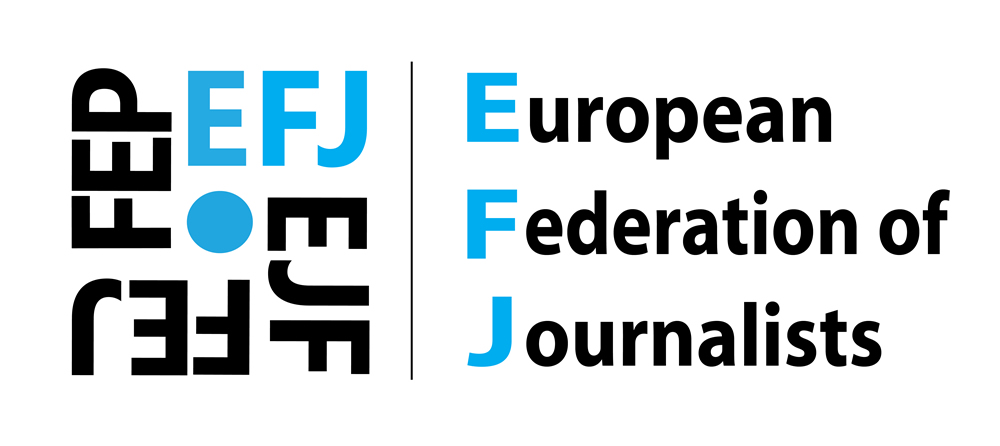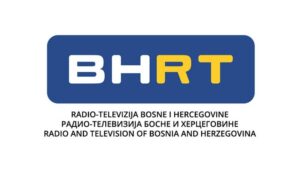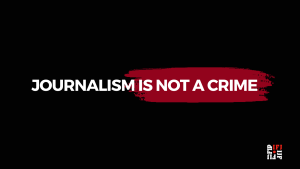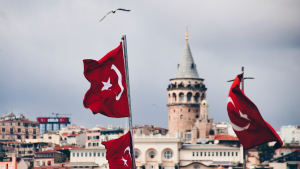Pending an in-depth analysis of the text of the agreement and the precise guarantees it puts forward to protect journalistic sources, the EFJ would like to thank the key players in the trilogue negotiations, European Commission Vice-President Vera Jourova, Spanish Culture Minister Ernest Urtasun, and MEPs Sabine Verheyen (EPP) and Ramona Strugariu (Renew), who took the demands of the EFJ and representative media organisations in Europe seriously.
On Friday, the Council of the EU and the European Parliament reached a provisional agreement on a new EU law to safeguard media freedom, media pluralism and editorial independence. This is the first integrated legislation on media freedom that will be immediately applicable to all 27 Member States of the European Union. This week’s agreement still has to be validated by the Committee of the Permanent Representatives of the Governments of the Member States to the European Union (Coreper), on Wednesday.
The provisional agreement sets out the obligation for member states to guarantee the effective protection of journalists and media providers in the exercise of their professional activity, and prohibits member states from using coercive measures to obtain information about journalists’ sources or confidential communications except in specified cases.
The EFJ and its partners led an intense advocacy campaign with its allies, in the European Parliament, the European Commission and with the Spanish Presidency, which played an essential role in the abandonment of the provisions, promoted by France, Italy, Malta, Greece, Cyprus, Sweden, and Finland, which aimed to legalize the deployment of spyware against journalists, based on simple suspicion of a threat to national security.
“The text of the EMFA, as a whole, no longer mentions national security and it is a victory for democracy,” insisted Ramona Strugariu. “Article 4.4 of the EMFA simply refers to existing European treaties, which is a good compromise,” said Sabine Verheyen. “Symbolically, it would have been dramatic to raise the possibility of spying on journalists based on threats to national security”.
Vera Jourova, for her part, insisted on the strong safeguards detailed in article 4.2 of the EMFA to protect journalists’ sources from any abusive mesure. The text provides, for example, for the need to obtain prior authorization from an independent judicial authority before any repressive measures under Article 4 (detention, sanction, search and seizure, access to encrypted data, use of surveillance technologies, spyware, etc.).
“EMFA protects freedom of expression, independence and pluralism of the media in the European Union and the Spanish Presidency of the EU calls on all member state governments to confirm the agreement on Wednesday,” said Ernest Urtasun.
“This provisional agreement is historic,” reacted Maja Sever, EFJ President. “We fought hard to achieve this result, against States which attempted to include particularly repressive provisions. It is good to see that the EFJ slogan – Journalism is a public good – is not just a dead end of a sentence.”
“I am moved by all the united strength to make this agreement happen,” added Renate Schroeder, EFJ Director. “In times when journalism and journalists are attacked from all sides, It is good to see that it is still possible to convince political decision-makers of our good will and our commitment to the public interest. Together we are strong. And we will continue the fight, which is not over, neither for the EMFA nor for other challenges that threaten press freedom in Europe.”
European Federation of Journalists




